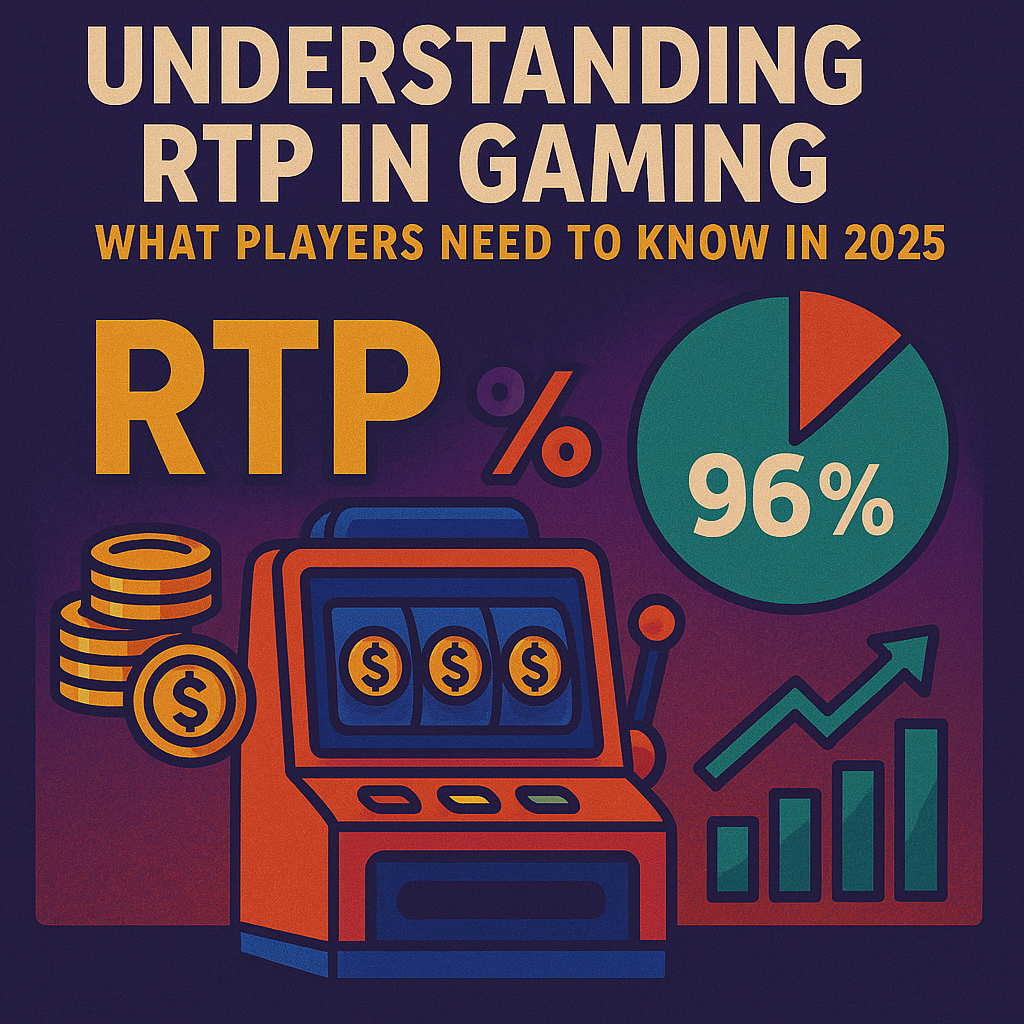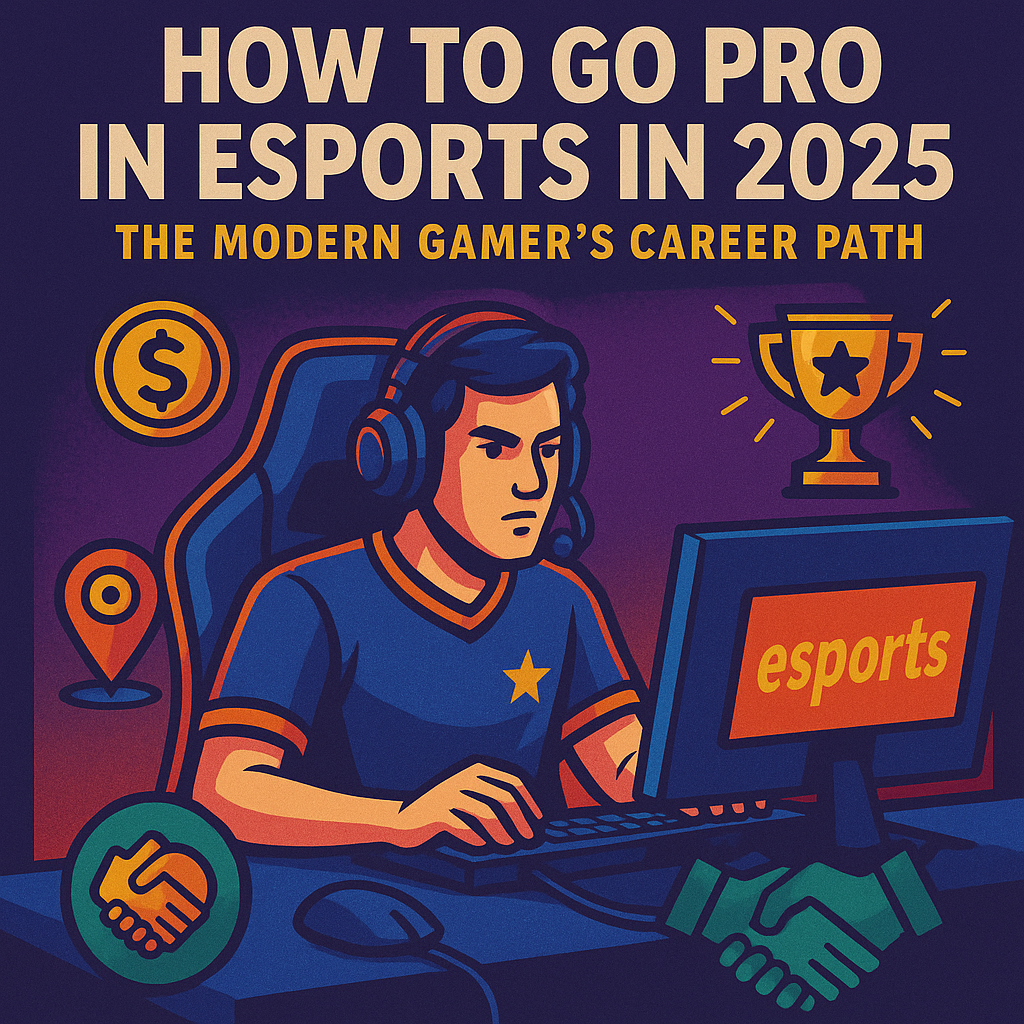Introduction: Why RTP Isn’t Just for Gambling Anymore
If you’ve heard the term RTP (Return to Player) and immediately thought of slot machines, you’re not alone. But in 2025, RTP is no longer exclusive to the world of online casinos. It’s becoming an increasingly relevant concept in mainstream video games—especially those with loot systems, randomized rewards, and gacha mechanics.
Whether you’re opening card packs in a football sim, spinning for characters in an RPG, or earning loot in a battle royale, you’re interacting with mechanics built around chance. And understanding RTP can help you make smarter, more informed decisions as a player.
1. What is RTP, Exactly?
RTP refers to the percentage of all wagered (or spent) currency that a game returns to players over time. In gambling, this number is usually fixed and public—e.g., a 96% RTP slot means that on average, players get back £96 for every £100 wagered.
In video games, however, RTP is far more abstract.
Let’s say you’re playing a free-to-play game with loot crates. If each crate has a 5% chance of giving a rare skin, your theoretical RTP is extremely low unless the game also includes pity timers, bonus spins, or crafting systems to improve your odds.
2. RTP in Popular Game Types
Let’s look at how RTP-like systems appear in everyday gaming:
🔹 Sports Games (e.g. FIFA, NBA2K)
- Packs contain players or cards with extremely low drop rates.
- Many players spend hundreds without seeing top-tier rewards.
- EA and other publishers are now being forced to publish odds in Europe and the UK.
🔹 MMORPGs (e.g. Lost Ark, WoW, GrindForge 2)
- Equipment enhancement, mount taming, or item drops often rely on chance.
- Systems sometimes include “fail stacks” that act as invisible RTP regulators.
🔹 Gacha Games (e.g. Genshin Impact, Honkai Star Rail)
- Clear examples of gambling-style mechanics.
- Pity systems and rate-up events improve RTP, but often manipulate player behavior with artificial scarcity.
3. Strategies for Maximizing Your RTP
RTP is about probability, not guarantees. But there are ways to improve your return:
- Wait for Events: Many games offer better odds or value during limited-time promos.
- Understand the Tables: If the developer posts drop rates, study them carefully. A 1.5% chance isn’t worth real money.
- Set Limits: Know what you’re willing to spend or grind. Don’t let sunk-cost fallacy drive you deeper.
- Use Community Tools: Reddit, Discord, and fan-made calculators can help track real-world RTP for different items or games.
- Play Games with Transparency: Games that openly display odds or include crafting alternatives offer better value over time.
4. Ethics & Regulation: Is This Even Fair?
In many countries, especially across Europe, loot mechanics are under legal fire. The UK government has launched inquiries into how these systems affect young players.
Questions being asked include:
- Are loot crates a form of gambling?
- Should they be banned or age-restricted?
- Should players have a legal right to know the RTP?
While publishers argue that these systems are “optional,” the psychological design often preys on reward addiction and FOMO (fear of missing out).
Some game developers have responded by removing paid loot entirely. Others, like Riot Games, have added guaranteed paths to premium items without chance-based mechanics.
5. What’s the Future of RTP in Games?
In 2025, we’re seeing a shift:
- Hybrid systems that combine RNG and choice (e.g. build-your-own-loot).
- Dynamic RTP tracking, where games show you how your odds improve as you play.
- Fairness labels like “No RNG” or “100% Craftable” becoming marketing tools.
- Community-led audits of game economies to hold publishers accountable.
The trend is clear: transparency equals trust.
Players are becoming smarter, regulators are catching up, and developers are under pressure to make games rewarding—not predatory.
Conclusion: Know the Game You’re Playing
RTP may seem like a technical term—but it matters. Whether you’re grinding for loot, buying a battle pass, or opening a crate, you’re engaging with systems designed to influence your behavior.
🎯 As a player, knowledge is power. Understand the odds, set your limits, and choose games that respect your time and money.
Because in the end, the best games are those that reward skill—not just luck.



